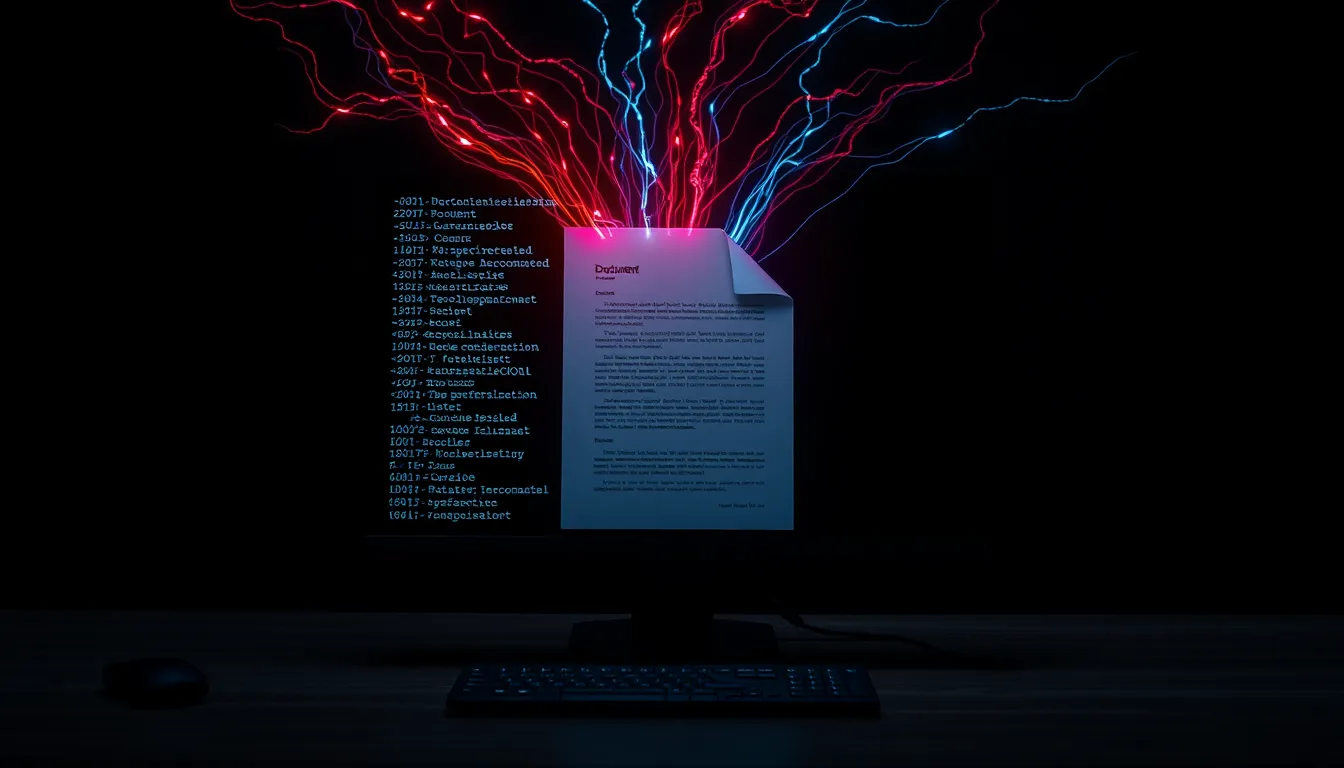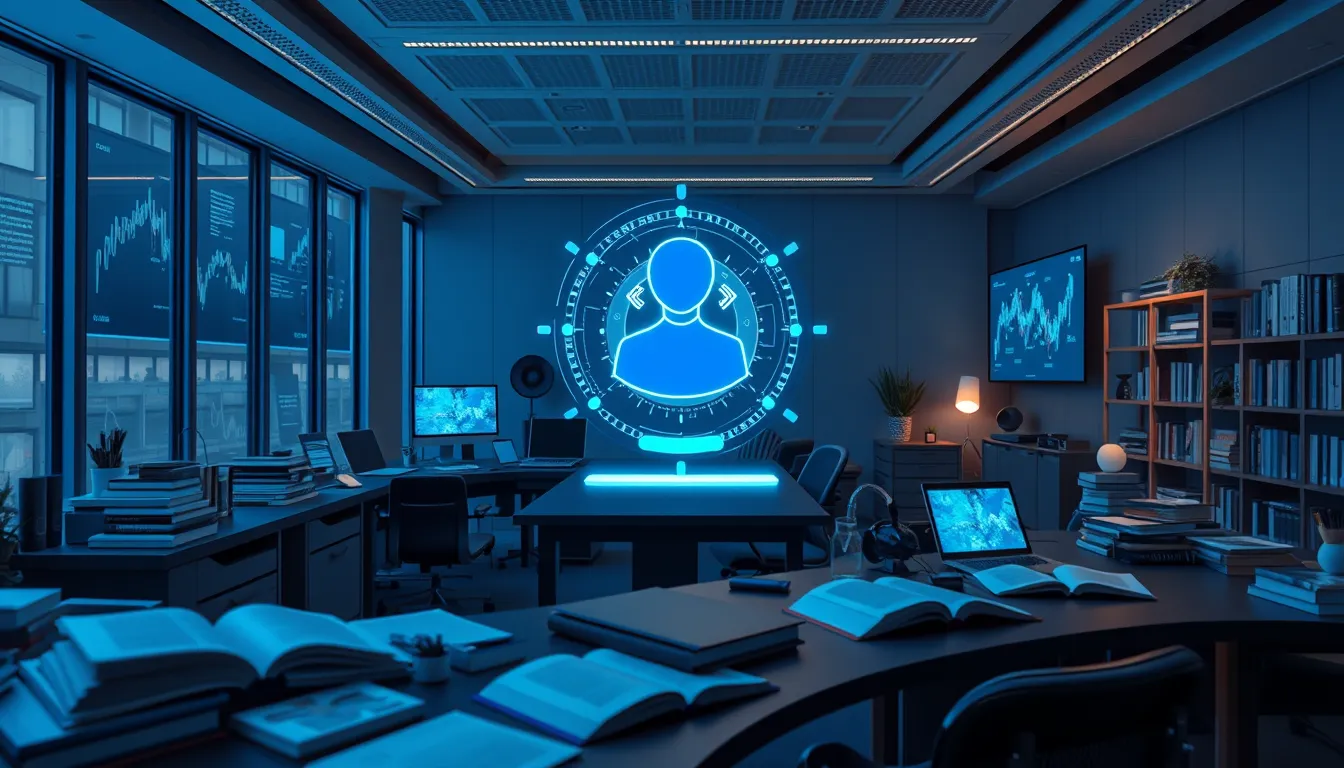Now Reading: Urgent ChatGPT Vulnerability & AI Data Poisoning Alert
-
01
Urgent ChatGPT Vulnerability & AI Data Poisoning Alert
Urgent ChatGPT Vulnerability & AI Data Poisoning Alert

Urgent ChatGPT Vulnerability & AI Data Poisoning Alert
In recent research, experts have uncovered a critical vulnerability affecting ChatGPT. This vulnerability, often referred to as a ChatGPT vulnerability, centers on how malicious actors can use a poisoned document to exploit AI data poisoning techniques. Such manipulations have the potential to leak sensitive information, prompting urgent calls for improved security measures.
The Mechanics Behind the Vulnerability
The core of this ChatGPT vulnerability lies in the use of poisoned documents. Researchers have shown that a single document, if maliciously altered with hidden tokens or code-like patterns, can act as an unintentional trigger. When processed by ChatGPT, these documents can bypass standard data safeguards, resulting in the leakage of confidential data.
A recent investigation highlighted in a respected outlet like Wired demonstrates how a carefully crafted document might embed hidden instructions. These instructions, once activated, lead to inadvertent data disclosures. Although the attack requires significant technical know-how, the mere existence of this vulnerability raises serious concerns about the security of AI systems.
AI Data Poisoning: A Growing Threat
AI data poisoning is a serious concern that goes hand in hand with the discussed ChatGPT vulnerability. Malicious documents or corrupted data inputs are strategically used to corrupt the integrity of AI systems. This form of attack not only jeopardizes data confidentiality but also undermines trust in AI-driven platforms.
The ChatGPT vulnerability is merely one manifestation of a broader problem. Cybersecurity experts emphasize that as AI becomes more integrated into various sectors—from corporate data management to defense communications—ensuring robust protection against data leakage is imperative. The risk of data poisoning, if left unchecked, could lead to devastating consequences for both personal privacy and national security.
How a Poisoned Document Exploit in ChatGPT Works
- The attacker crafts a document with hidden tokens or code-like patterns.
- The document is then submitted to ChatGPT as input.
- ChatGPT, unbeknownst to its defense mechanisms, processes the hidden instructions.
- The activation of these instructions eventually results in the unintended disclosure of confidential data.
Understanding this process is critical for developing effective countermeasures. The fact that a single poisoned document can induce such behavior underlines the urgent need for reinforcing data ingestion protocols.
Preventing Document Poisoning and Enhancing Input Validation
- Enhanced Input Validation: Implement multi-tiered validation processes to detect and neutralize hidden malicious patterns before documents are processed by AI systems.
- Advanced Filtering Mechanisms: Use state-of-the-art cybersecurity tools to filter out suspicious inputs that could lead to AI data poisoning.
- Regular Security Audits: Frequently update and audit the underlying architecture of ChatGPT to identify and mitigate potential security gaps.
By incorporating these practices, organizations can significantly reduce the risks associated with a poisoned document exploit in ChatGPT. Moreover, a proactive approach in AI security can also help in maintaining user trust and ensuring the safe deployment of AI technologies in various industries.
The Role of Cybersecurity in Addressing AI Vulnerabilities
With the increasing reliance on AI systems, cybersecurity remains a cornerstone of technological innovation. The ChatGPT vulnerability highlights a crucial intersection where AI capabilities and security measures must evolve together. Internal teams and third-party experts must collaborate to design robust frameworks that mitigate threats such as AI data poisoning.
Furthermore, as the AI landscape evolves, so do the tactics employed by bad actors. The need for continuous monitoring, real-time threat detection, and adaptive security protocols has never been more urgent. For more in-depth analysis, professionals are encouraged to follow updates from cybersecurity leaders and trusted platforms like OpenAI, which continuously refine security standards for advanced AI systems.
Best Practices Moving Forward
- Regularly updating input validation protocols.
- Incorporating advanced filtering systems to detect poisoned documents.
- Promoting collaboration between cybersecurity experts and AI developers.
- Staying informed through trusted industry sources like Wired and OpenAI.
Conclusion
The discovery of this ChatGPT vulnerability marks a pivotal moment in the evolution of AI security. Although the current risk from a poisoned document may be limited to controlled scenarios, it serves as a stark reminder that even the most advanced AI systems can harbor hidden risks. A dedicated focus on preventing AI data poisoning—through enhanced input validation and rigorous cybersecurity strategies—will be essential in safeguarding sensitive information and protecting user trust.
As AI technologies continue to expand across multiple sectors, integrating robust security measures becomes mandatory. The initiatives discussed not only aim to neutralize the current vulnerability but also pave the way for more resilient, future-proof AI systems. Staying vigilant and proactive is the best defense against evolving cyber threats in the era of AI-driven innovation.
By addressing these vulnerabilities head-on, developers and organizations can build a safer digital environment where the benefits of AI are realized without compromising security or data integrity. Stay informed, stay secure.

























